Agtech startups: the UK’s leading agricultural innovators
Category: Uncategorized
What is agtech?
The future of agriculture has become the subject of serious debate in the UK, with current subsidies payments arranged under EU law facing an uncertain future following any potential Brexit. Indeed, the countryside holds an important place in Britain’s cultural identity. Whilst less well known than their more consumer focussed counterparts in the fintech sector, numerous young UK agtech startups have launched in recent years (agtech meaning agricultural technology).
Some are developing new software to make farmer’s lives easier, whilst others are looking to introduce farming where agriculture was once thought impossible, such as underneath London, or in the Sahara. Others, such as Dynium Robot, are looking to develop autonomous farming machinery.
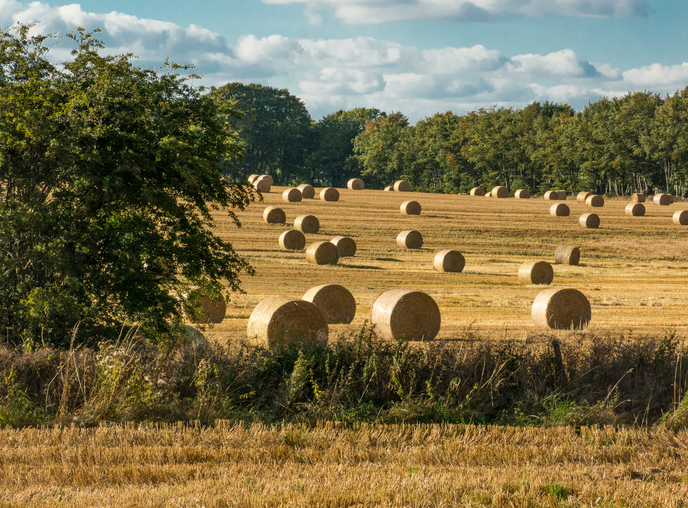
Agtech Companies That Are Changing Agriculture
The UK’s agtech startups can be roughly grouped into four subsectors: agricultural software, non-software agricultural technology, satellite imaging, and urban farming. Here’s our roundup of the UK’s leading agtech innovators in each subsector.
Agricultural software

kisan hub

Hectare

Fieldmargin
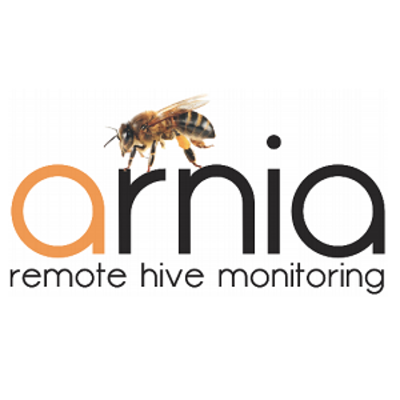
Arnia
This is “agtech” in its truest sense: software designed for use in the agricultural sector. Several British companies have started up in this field recently, developing new software programmes designed to make the lives of farmers easier. KisanHub, based in Cambridge, has developed two web-based platforms. The first helps farmers with “crop intelligence”, allowing them to digitally manage maps of their fields and attach assessment data (such as local soil conditions and moisture levels). It also allows them to track the performance of new trials, and quickly send out this info to interested parties. Their second aims to improve the link between growers and the enterprises who buy their produce. Through this, the platform aims to reduce risk for a retailer’s supply chain, by predicting when there might be shortages.
Hectare, meanwhile, operates several online agri-marketplaces. Through these farmers can trade goods such as livestock and grain. They’ve also developed a payment platform designed specifically for payment between two farmers or agri-enterprises. In their most recent funding round in March, they were valued at £8m.
Fieldmargin’s business case is simple, providing an easy, cloud-based system through which farmers can make notes on their fields, both on or offline. This software comes with an added map overlay, allowing farmers to make specific geographic notes about a particular field, or other feature of their farm.
In a slightly different vein, Arnia have developed a device which monitors a wide range of conditions in an apiary (a commercial bee hive). This data is then transmitted into a cloud-based dashboard interface, which beekeepers can access through any connected device.
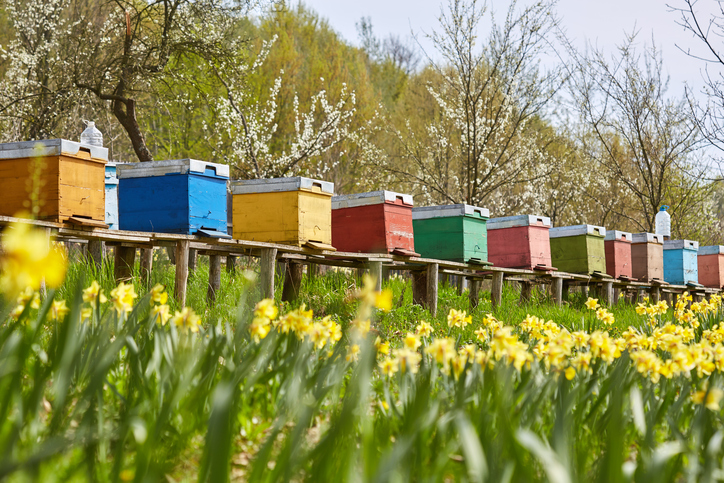
New non-software agricultural technologies

tropic biosciences

drygro
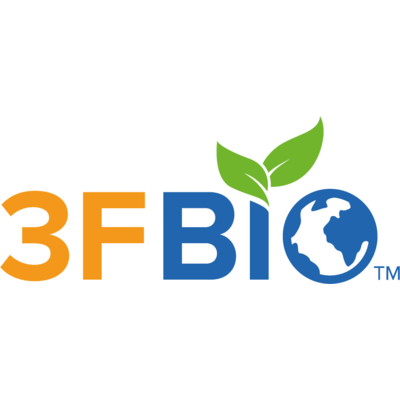
3f bio

dynium robot
This is a much broader church of agtech, taking in a range of companies who are developing new, non-software technology to help improve agricultural output. This includes genetic engineering, developing new methods of farming in hot deserts, and even the development of autonomous agricultural vehicles.
Tropic Biosciences raised $10m in June. This team, based in Norwich and led by several Israeli scientists, is working to improve varieties of crops grown in the tropics, through a combination of genome editing and selective breeding techniques. Interestingly, this company is one of the first to use the gene-editing technology known as CRISPR in a commercial capacity.
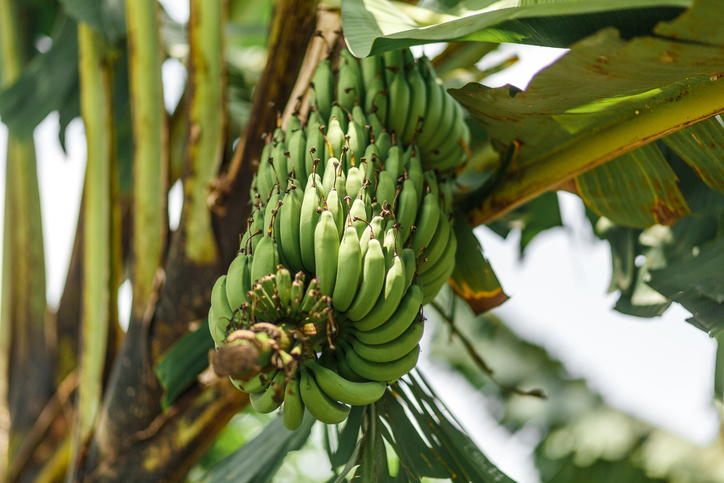
One important use case of this company’s tech will be in the breeding of new lines of banana. Currently, 99.9% of bananas grown around the world are cloned from a single genetic line known as the Cavendish. As such, they contain very little genetic variation. This makes them very susceptible to diseases. Indeed, a virulent disease known as fusarium wilt, or Panama disease, is currently decimating worldwide stocks. Using CRISPR, Tropic Biosciences hopes to introduce new, resistant strains to farmers in the tropics.
DryGro, in a similar vein, has developed a new technique for growing animal feed in high-temperature, low-water environments – namely, deserts. This young company, incorporated in 2015, has received two Innovate UK grants, and was recently valued at £2m.
3F Bio, a spinout from the University of Strathclyde, meanwhile, has developed a new method of converting waste plant starch into edible mycoprotein (the same protein used to make Quorn). Converting plant matter to protein in this process is much more efficient, and therefore sustainable, than the usual method of rearing livestock. It also allows for the conversion of large amounts of agricultural waste into food.
Dynium Robot is in the process of developing hardware and software to improve autonomous processes in off-road agricultural vehicles. The business incorporated at the start of 2016, and has received both private investment and government grants.
Satellite Monitoring
As time goes on, the number of satellites orbiting the earth is increasing, with one estimate saying that 2017 saw 50% more satellites launched more than any prior year. On top of that, the imaging hardware used by these satellites is becoming ever more powerful. Satellite images are now so detailed that they can be used to detect changing patterns in land use.

Deep Planet, a young London startup which incorporated a few months ago, has developed software to assess these images and predict trends and potential risks in crop production.
This has use not only for farmers, but also the retailers whose supply chain depends on agricultural productivity in certain regions. Despite being very young (under a year), this company was recently accelerated by the European Space Agency Business Incubation Centre.

Urban Farming

Vertical Future

Zero Carbon Food

GrowUp Urban
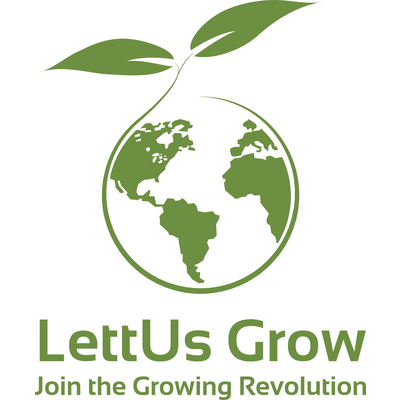
Lettus Grow
One sector that has generated lots of interest, though with relatively little commercial yield (as of yet) is urban farming. The idea here is in the name – developing new technology which allows for edible produce to be grown within city limits. These technologies need to replicate several natural factors – strong levels of UV rich light for photosynthesis, and a suitable nutrient cycle. The lack of space has also beckoned research into “vertical farming”, whereby crops are grown in vertical “stacks”.
Numerous companies have started up to explore the potential here in Britain’s cities, such as Vertical Future, Zero Carbon Food, GrowUp Urban Farms and LettUs Grow. Funding for these companies remains largely at the seed stage, and the market for their produce remains primarily in the restaurant sector.
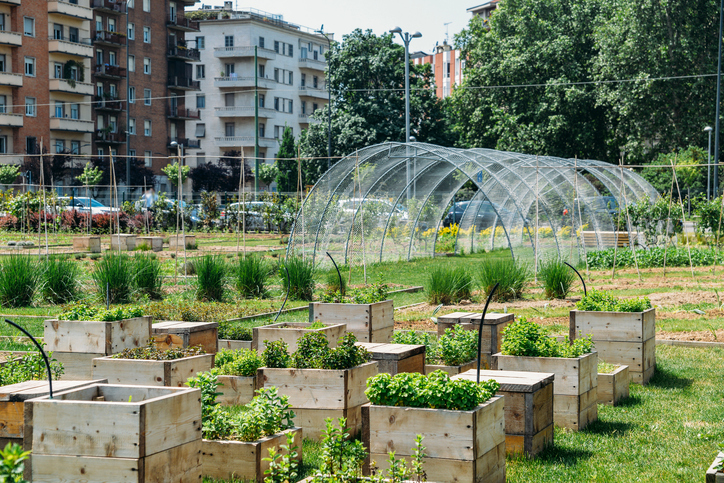
What may become widespread in their future is their specific IP – the creation of growing conditions in traditionally inhospitable environments. The current Secretary of State for the Environment, Food and Rural Affairs, Michael Gove, has warned that the UK is on course to deplete its topsoil within 40 years. This is a fertile layer of soil on which much agriculture depends. Should this trend proceed, urban agtech may find a wider use case.
Discover the UK's most innovative companies.
Get access to unrivalled data on all the businesses you need to know about, so you can approach the right leads, at the right time.
Book a 40 minute demo to see all the key features of the Beauhurst platform, plus the depth and breadth of data available.
An associate will work with you to build a sophisticated search, returning a dynamic list of organisations matching your ideal client.